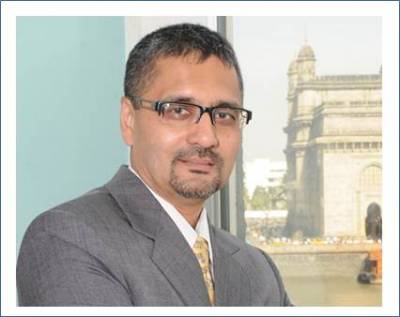AgVoice | Wants, needs and purchases of consumers are affected by more than just personal and psychological factors
As Personality impacts decisions and Perception influences decisions, the wants, needs, and purchases of consumers are affected by more than just personal and psychological factors. Some consumer behaviours are caused by subconscious behaviours, while others are influenced by conscious decisions made by the consumer in order to achieve certain goals or fit a specific segment of lifestyle. Consumer purchase behaviour can be defined into Routine behaviour, Limited decision Making, Extensive Decision making and impulsive buying. In India among the youth who are enjoying higher incomes fall in the category of impulsive purchasing. This is because of the influence of the western culture, the increased need and importance of showing off their "status".
In a Country like India where urbanization is happening by leaps and bounds there would be major transition in consumer behaviour. India has now entered a virtuous long-term cycle in which rising incomes lead to increasing consumption. Indian population is highly gregarious, the level of trust on their friends and peers is maximum when it comes to making a purchase decision. In a number of cases the influencer plays an equal role in the purchase process as the decision maker do.
In India, one can see 3 major reasons for the change and increase in consumption :-
1. Rising income which has been estimated to account for 80 percent of total growth over the next two decades
2. Population Growth and major increase in urbanisation
3. Increase in Disposable Income
Humans are social beings, and multiple choices available affect and influence purchasing behaviour. We're in a new era and social media is the future. In this new era, companies can no longer hold all the power while consumers struggle to get their voices heard. The customer's voice can be heard everywhere, including review websites, blogs, YouTube videos, Tweets, Facebook and other social media outlets by influencing the entire buying process. Social Media provides a platform for consumers to interface between themselves and companies. One out of every 11 minutes spent online is on a social networking site. The most obvious way that social media has changed consumer behaviour is just by giving the consumer wider medium to reach as Social marketing involves getting ideas across to consumers rather than selling something. Major MNCs across the Globe have taken enormous advantage of this process. Many companies have embraced social technologies to drive business results by making it an integral part of their market intelligence, customer support marketing and sales. | By Sarang Panchal, Chief Mentor & Principal Adviser, MRSS India
About the writer:
Sarang Panchal has completed Bachelors of Commerce degree in the year 1982 from Sydenham College, Mumbai. For the Post Graduation he went on to pursue the Master's degree in Management studies from Jamnalal Bajaj institute of Management Studies in Mumbai.
His career kick started at Procter & Gamble India Ltd as a Research Executive and later climbed the ladder as a Research Manager with MRAS. Subsequently, he assumed partnership at MRAS Burke between 1987-1989 from where he joined Dun & Bradstreet as Executive Director in 1995. He spent around two years in Dun & Bradstreet.
Panchal joined AC Nielsen in 1997 as Executive Director. Over here his profile included Simulated Test Marketing/ Forecasting, Brand / advertising tracking, Syndicated Research, Customer satisfaction, Multi-country / international and Qualitative research. After being an Executive Director for over a decade, he then served as MD of the Nielsen Company between 2007-2008. From 2008 till present, he is a partner at Smart Spaces which is into constructions.
Panchal is also an Associate Member of Market Research Society- London, a member of the Managing Committee at MRSI and a member of the Brand Protection Committee at FICCI.
He is currently based in Mumbai.
Disclaimer: The opinions expressed in this article are those of the author, and do not reflect in any way of Adgully.






Share
Facebook
YouTube
Tweet
Twitter
LinkedIn